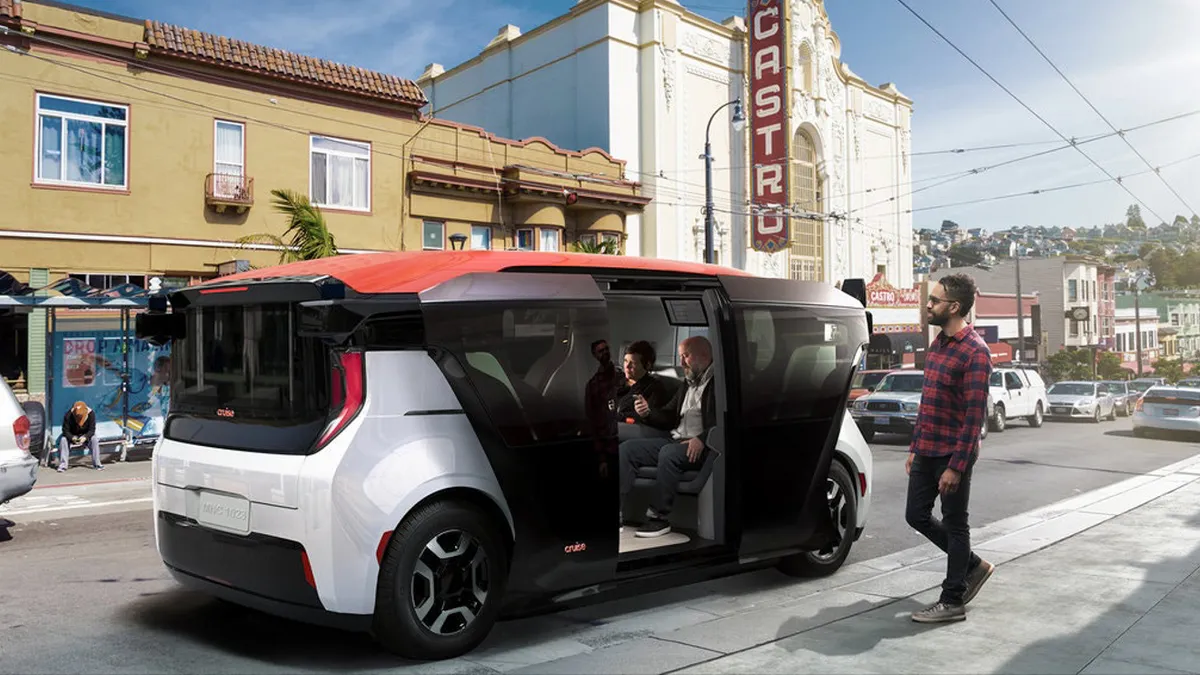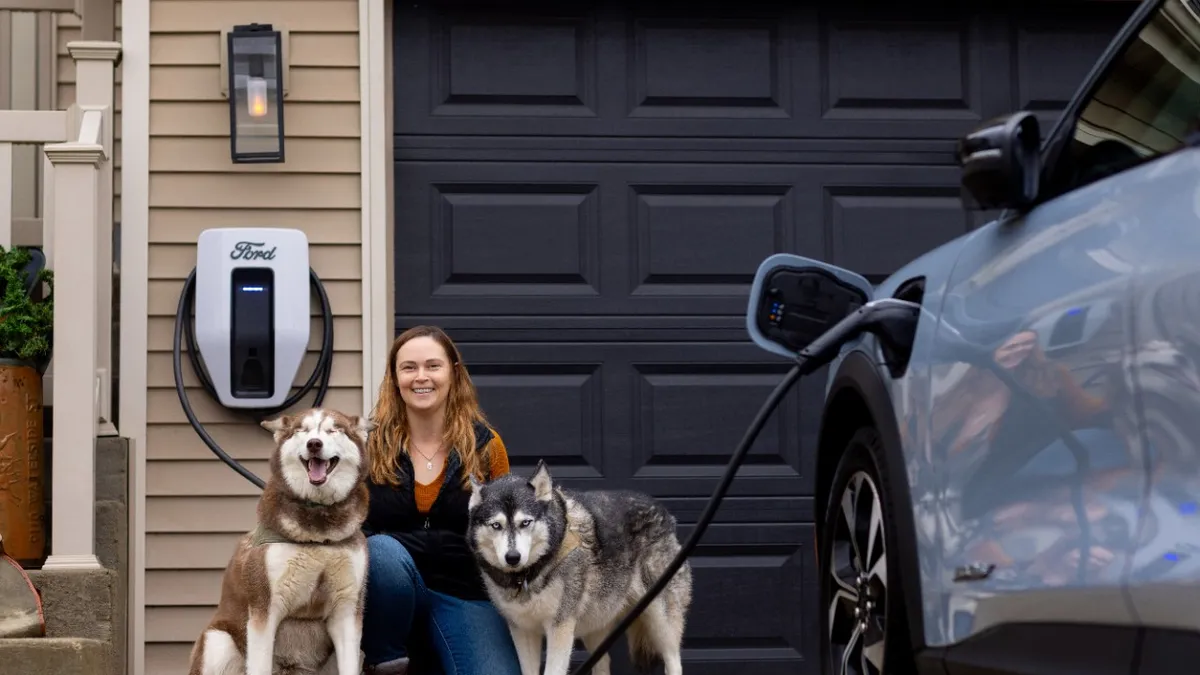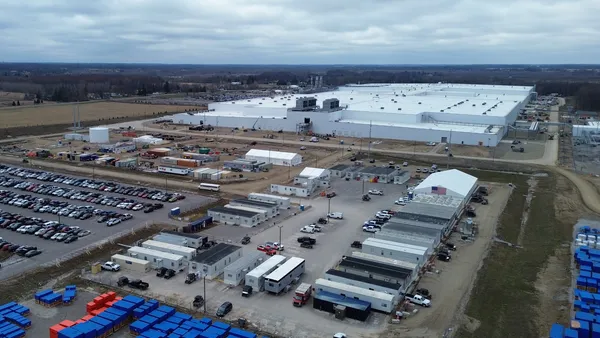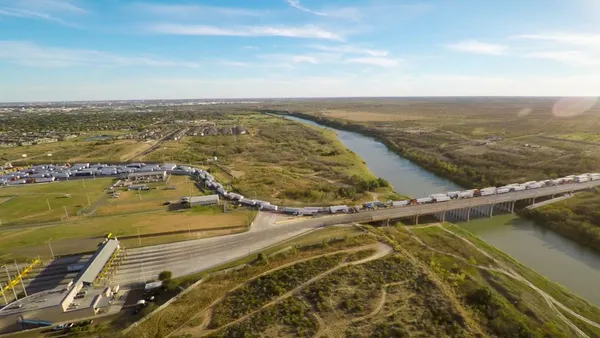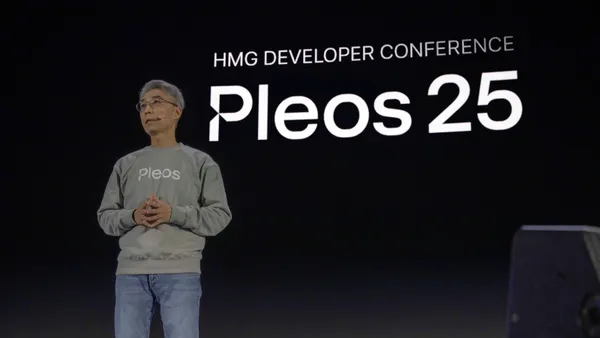The National Highway Traffic Safety Administration will soon decide whether to allow General Motors to deploy a limited number of self-driving vehicles on public roads nationwide, NHTSA Acting Administrator Ann Carlson said in a speech Wednesday.
The agency is evaluating GM’s request for a two-year exemption from some Federal Motor Vehicle Safety Standards for the Cruise Origin, a six-passenger shuttle equipped with a Level 4 Automated Driving System. The Origin has no steering wheel or pedals, which are required on all passenger vehicles in the U.S.
If NHTSA grants the waiver, GM could manufacture 2,500 vehicles without driver controls annually for two years. But the automaker cannot sell the vehicles and must “maintain ‘continuous ownership and control of the Origin,’” according to NHTSA.
“The central issue is deciding whether vehicles that are driven not by humans but by computers need to comply with safety standards that are fundamentally about human drivers: requirements for mirrors, sun visors, windshield wipers and so forth,” Carlson said.
In 2020, NHTSA granted an exemption for the Nuro R2, a low-speed, electric delivery vehicle that is not designed to carry passengers. The Cruise Origin is designed for a driverless ride-hailing service operated by GM’s autonomous driving unit, Cruise. It was co-developed by GM, Honda and Cruise.



